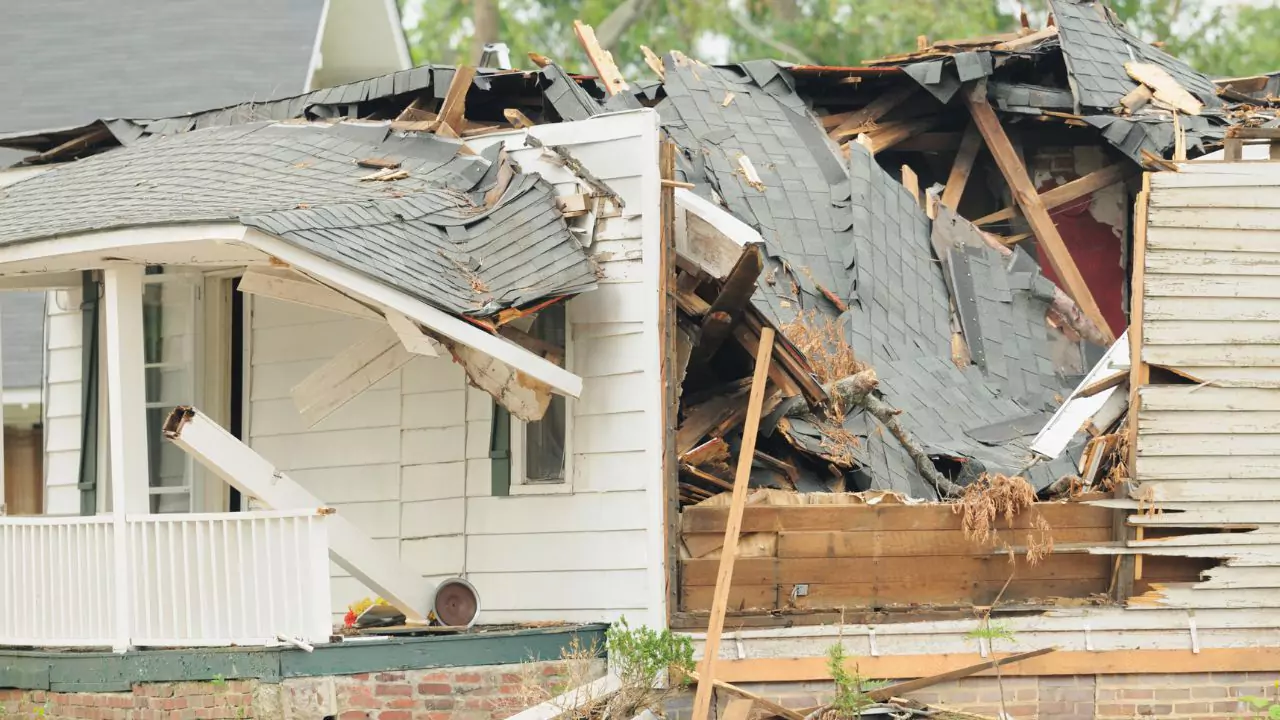Yes, homeowners insurance typically covers wind damage. Most standard policies include protection against high winds, including damage caused by storms, tornadoes, and hurricanes, to your home’s structure and belongings. However, understanding the specifics of your coverage and limitations is crucial.
Types of Storm Damage Covered by Homeowners Insurance
Homeowners insurance generally covers various types of storm damage beyond wind, providing comprehensive protection for your property.
- Water and Ice Damage: Insurance often covers sudden and accidental water damage from storms, such as burst pipes or roof leaks. However, flooding requires separate flood insurance coverage. Ice dams and melting snow damage may also be covered.
- Lightning Strikes and Power Surges: Most policies cover damage caused by lightning strikes, including electrical surges that can harm appliances and electronics.
- Wind, Hail, and Fallen Trees: It’s worth noting that homeowners insurance typically covers damage from hail, wind-driven projectiles, and even fallen trees impacting your property.
How Homeowners Insurance Covers Wind Damage?
Let’s delve deeper into how your insurance handles wind damage specifically.
- Coverage for Roof, Siding, Windows, and Other Structures: The core protection lies in covering damage to your home’s structure directly caused by wind. This includes repairs or replacements for your roof, siding, windows, doors, and other exterior elements.
- Personal Property Coverage: Wind can also damage or destroy your belongings inside your home. Coverage typically extends to furniture, appliances, electronics, and other personal items, though specific limitations and exclusions may apply.
- Loss of Use Coverage: If wind damage makes your home temporarily uninhabitable, your insurance might provide additional living expenses (ALE) coverage to help pay for temporary housing and other necessities while repairs are underway.
- Tree Damage Coverage: While falling trees due to wind are covered, removing them from your property might require an additional endorsement or separate tree removal insurance.
Tips for Protecting Your Property and Filing an Insurance Claim
Preventative measures can minimize wind damage and potential claims:
- Regularly inspect and maintain your roof, siding, gutters, and windows to ensure they are in good condition and can withstand strong winds.
- Trim tree branches that could fall and damage your home during storms.
- Secure outdoor furniture and decorations to prevent them from becoming projectiles in high winds.
If wind damage occurs:
- Document the damage with photos and videos.
- Contact your insurance company immediately to report the claim.
- Cooperate with your insurance adjuster throughout the inspection.
- Keep receipts for any temporary living expenses or repairs you make before the insurance company settles.
By understanding your coverage and taking proactive steps, you can ensure your home and belongings are protected against wind damage and receive prompt and efficient assistance from your insurance company if necessary. Remember, it’s always best to consult your specific policy document for detailed information regarding coverages, exclusions, and limitations.





